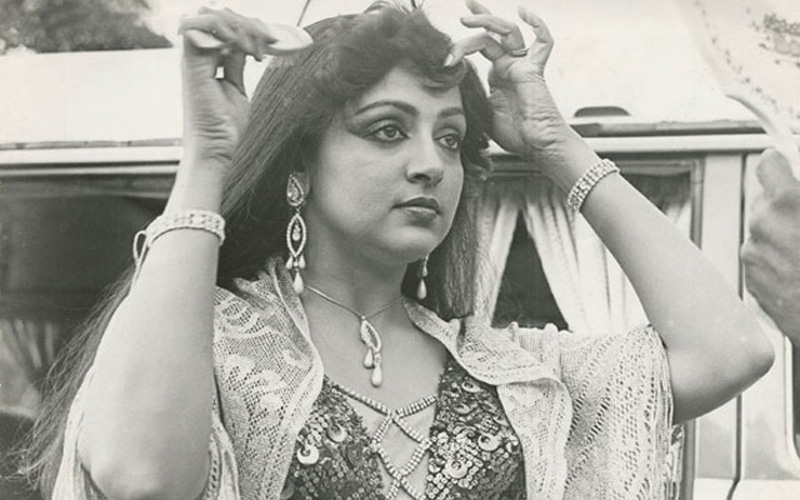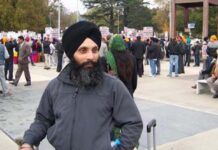Indian dynasties has got a dangerous grip on the country’s politics, argues the Indo-Canadian academic
By Ajit Jain
TORONTO: The most striking feature about India’s elections currently taking place is their sheer scale, with 814 million voters exercising their franchise at 913,000 polling stations and four million election personnel and two million security personnel ensuring smooth conduct of the poll process, says Dr. Ramesh Thakur, Indo-Canadian academic who’s currently director of the Centre for Nuclear Non-Proliferation and Disarmament at the Australian National University in Canberra.
He was participating in a number of major symposiums at the University of Toronto’s Munk Center and the Trinity College.
Here’s an interesting feature unheard of in any other democratic country. The voting machines have an option for an electorate to press the button (NOTA) ‘none of the above’, means he’s not voting for any of the candidates listed on the ballot paper.
“There has been a steady criminalization of politics in India,” Thakur said, an assertion that he supported by facts: “In the 14th Lok Sabha, 125 members of Parliament – 23 percent of the total of 545 MPs – faced criminal charges. In the outgoing 15th Lok Sabha, 162 MPs – 30 percent – had criminal cases … (of these) 76 MPs faced serious criminal charges of murder, rape, physical assault, etc.”
On top “India’s democracy is caught in a dangerous dynastic grip,” Thakur emphasized. One calculation shows “that 29 percent MPs inherited a ‘family’ seat.” Of this “most worryingly” for Thakur “70 percent of women MPs and more than two-thirds of the 66 MPs under 40 in India’s last parliament were hereditary MPs.”
Thakur is concerned with the fact that “the legitimacy of India’s political democracy is being corroded with the criminalization of politics and dynastic parliamentary representation.”
He laid emphasis – recognized by other experts globally – on the smooth transfer of the power after each election from the BJP coalition to the Congress-led coalition headed by Dr. Manmohan Singh and from all indications now there’s likelihood that the power will once again be smoothly transferred from the Congress to the BJP.
This is what a Pew Research poll showed last month: Indians preferred the opposition BJP to the ruling Congress Party 63-19 and 78 percent held favorable views of BJP leader Narendra Modi. “The hope is he will bring back much needed measures of probity, vision and competent administration,” said Thakur adding that there’s also the fear “he could unleash uncontrollable sectarian violence.”
ALSO READ: Canada is not that important for India, says Prof Ramesh Thakur
Thakur shared some disturbing statistics: 16,000 Indian farmers commit suicides each year. These numbers are recorded by the National Crime Records Bureau. They also found that 42 percent of India’s children are underweight and 59 percent are stunted. India’s road death toll is around 150,000 annually – thrice as many as the US, or on a per vehicle basis, almost twenty times the US death toll from traffic.
“For all its challenges, India can be an anchor of stability and a partner for outsiders wishing to consolidate progress in the ring of fragile and troubled states, including any lasting solution in Afghanistan,” this academic believes. “India is also a frontline state against international terrorism.”
Concluding his presentation, Thakur suggested to the Indian voters that the country that’s facing all kinds of challenges – financial crisis, terrorism, Maoist insurgency, an outdated educational system, debilitating poverty, choking infrastructure, climate change, food and water insecurity, etc. – “will be much better equipped to deal with these challenges with a majority (one Party) government (than the coalition of dozens of parties).”
India “needs a strong and stable government pursuing cohesive, market friendly and socially inclusive policies without any aggressive foreign policy agenda,” he emphasized.
READ NEXT: Nehru-Gandhi family has too many places named after it in India








